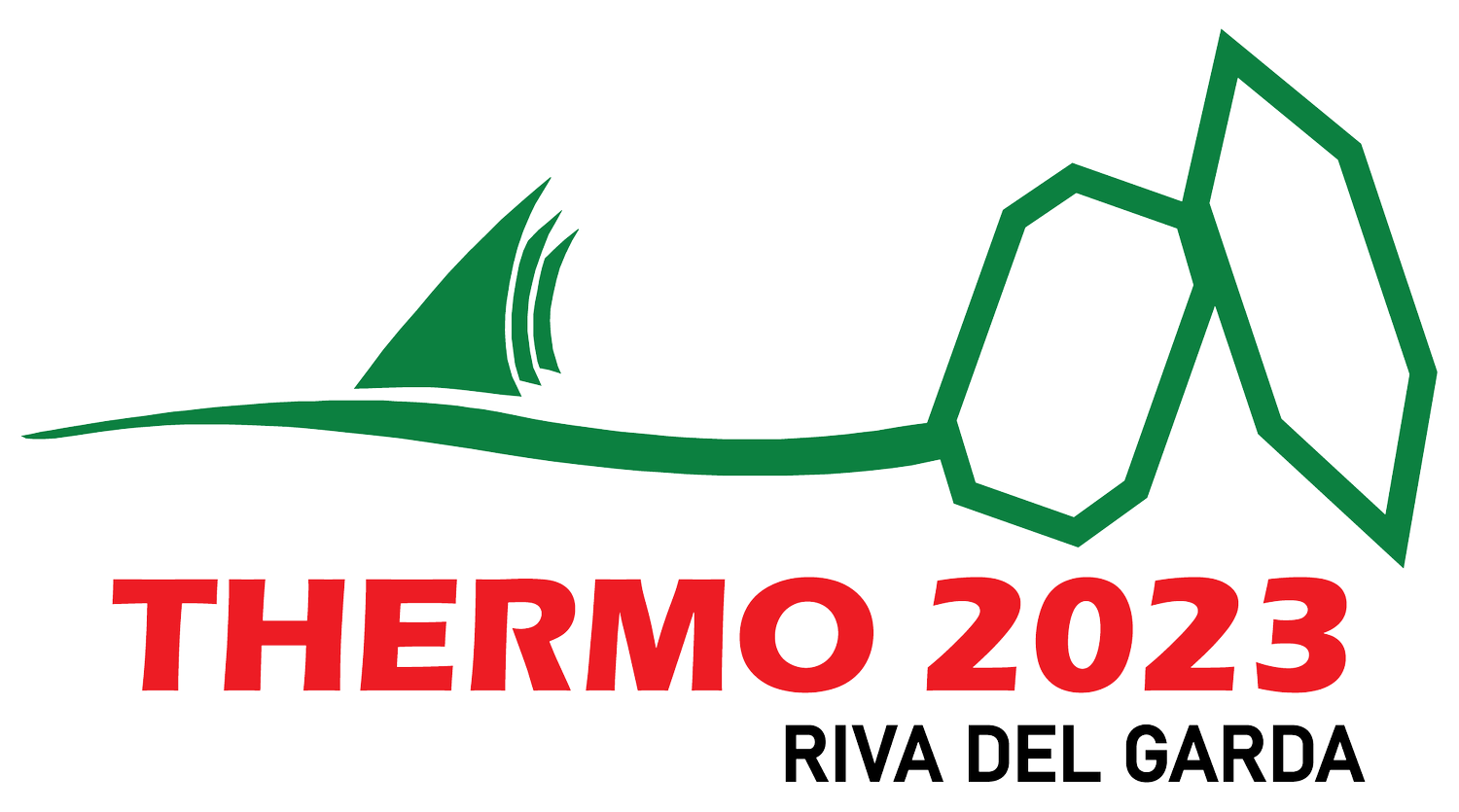SHORT COURSES
SUNDAY 3 SEPTEMBER
8:30 AM – 11:30 PM
QTQt: Beyond the user manual
Instructors: Kerry Gallagher, Alyssa Abbey, Mark Wildman
Audience: open to beginning and experienced QTQt users
Description: In this course, we will make the most out of our time together by working through a series of prepared thermal history modeling activities. During the first half of the course, we will (i) learn how to build input data files, (ii) create forward models and synthetic data, and (iii) set-up inverse models to run and compare with the ‘true solution’. During the second half, we will explore strategies for critically examining (i.e., sensitivity testing) a model result. This portion of the course will hone your intuition on how the decisions you make when modeling affect your model outputs. The exercises we will present are deceptively simple and will appeal to beginning and experienced users alike, because they simultaneously offer an accessible entry-point for QTQt and guide the user through experiences that form the foundation of any robust modeling practice.
Required materials: You will need a laptop with QTQt installed to participate in this short course. We will provide installation instructions and files prior to the short course; QTQt installation may require some troubleshooting depending on your operating system. Note that QTQt works on both Windows/PC and Mac/OS software; there are different installers available.
Required pre-course preparation: Please plan to spend one hour preparing for the course by watching several pre-recorded lectures; this is absolutely essential if you are new to QTQt. We recommend that even if you are not new to the program you watch these videos to refresh your understanding of the program. These videos are geared toward beginner and intermediate users and will take the place of a formal lecture from Kerry during the short course describing QTQt’s design, statistics, and philosophy. We will post these videos in late August.
12:00 PM – 15:00 PM
Statistics for detrital thermochronology
Instructors: Pieter Vermeesch
Audience: open to beginning and experienced IsoplotR/provenance users
Description: This short course will introduce some basic notions of statistical inference, including the method of maximum likelihood and hypothesis testing. These notions will then be used to sketch the theoretical underpinnings of several useful statistical devices for detrital thermochronology, such as: radial plots, kernel density estimation, random effects models (central age and dispersion), finite mixtures, minimum age models, and multidimensional scaling. Practical exercises will be completed in R, using the 'IsoplotR' and 'provenance' packages.
Required materials: You will need a laptop with RStudio installed to participate in this short course. See https://www.rstudio.com/products/rstudio/ for details.
Required pre-course preparation: Some familiarity with the R programming language would be useful, but is not required. See Chapter 12.1 of https://doi.org/10.31223/osf.io/sj4ft for a basic introduction.
15:30 – 18:30 PM
HeFTy: Beyond the user manual
Instructors: Rich Ketcham, Kendra Murray, Andrea Stevens Goddard
Audience: open to beginning and experienced HeFTy users
Description: In this course, we will make the most out of our time together by working through a series of prepared thermal history modeling activities. During the first half of the course, we will use forward and inverse models to build (or build upon) your understanding of low-temperature thermochronometer behavior. During the second half, we will explore strategies for critically examining (i.e., sensitivity testing) model results—a key step in model interpretation that helps you avoid treating HeFTy as a “black box” and instead identify why the model is behaving the way it is. The exercises we will present are deceptively simple and will appeal to beginning and experienced users alike, because they simultaneously offer an accessible entry-point for HeFTy and guide the user through experiences that form the foundation of any robust modeling practice.
Required materials: You will need a laptop with HeFTy installed to participate in this short course. We will provide installation instructions and files prior to the short course; HeFTy installation is simple. Note that HeFTy is Windows/PC software; however, it works well on a Mac with Windows installed on a Parallels or Bootcamp partition.
Required pre-course preparation: Please plan to spend one hour preparing for the course by watching several pre-recorded lectures; this is absolutely essential if you are new to HeFTy. These videos are geared toward beginner and intermediate users and will take the place of a formal lecture from Rich during the short course describing HeFTy’s design, statistics, and philosophy. We will post these videos in late August.

